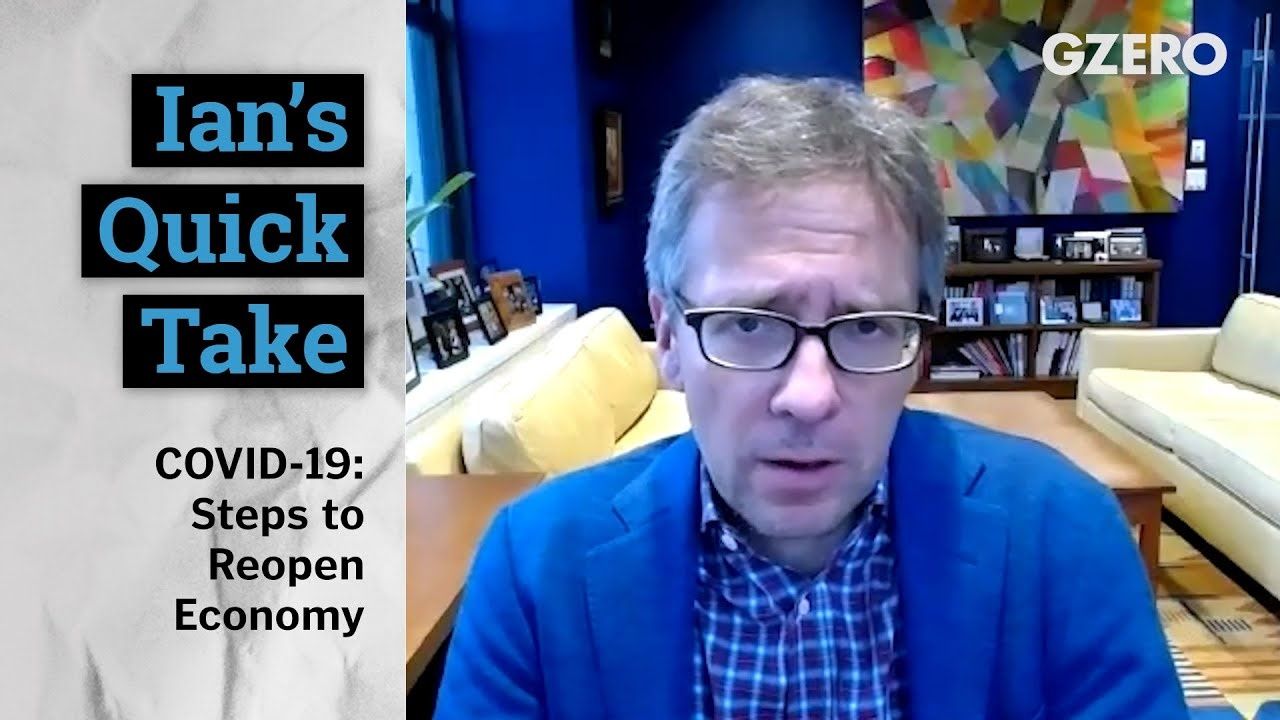
The health care system in New York City is not likely to get overwhelmed, with enough ventilators and equipment for the person needing critical care. If that's true in New York with a substantial breakout, then second tier cities should also get suitable support, both from states that have extra and from the federal government, with more time to secure it. We're not going to see Northern Italy in the United States, good news.
In Europe, in Italy, in Spain, social distancing is making a difference. Hopefully this is the week we've hit the peak in NYC. Can't say that about the US as a whole, but grateful it's not getting worse.
The developing market piece has not hit yet and is a very big problem. They don't have the health care systems; governance is more uneven than the US or Europe. You can't socially distance even if you want to. In Brazil, 25% of the population lives in slums and favelas. In India, Sub-Saharan Africa, a lot higher than that. Explosive outbreaks. Not only is the economic hit going to be worse, but also the ability to reintegrate into supply chains of the West. Reintegrate travel takes longer, until you get strong, serology tests; convinced that parts of the population have immunity and you can reintegrate them; get a vaccine at scale.
Here in the United States, talking about what it means to start reopening the economy. Governor Abbott of Texas did a good job yesterday, saying, "I'm going to make a big announcement, an executive order about reopening the economy," sounds like he's on board with Trump. But he hasn't said when, or exactly how - don't yet have the medical experts on board. Saying you're in favor of reopening the economy, moving in that direction without anything too explicit lest you get caught. Governor Abbott in TX and Governor Cuomo in New York sound different; actual policies are less disparate.
As much as the country is divided over Trump, they are less divided over the governors and the mayors, who actually implement shutdowns. The vast majority of the country is locked down. The country will come on the back of science, what doctors say. Even some Republican governors will be more cautious in following Trump on getting the economy restarted. I expect that in Massachusetts, in Maryland, in Ohio. Question will be: states that decide to open significantly early, especially when that changes people's behavior and they socially distance less. What happens in secondary outbreaks, do you shut it down? If you don't, what happens to other states and how they respond to people that may be traveling from your state? But more coordinated behavior from the governors and mayors than is being portrayed.
The broader question is how to restart the economy, companies? I've been impressed with efforts put in place by many CEOs. They understand that in order to get companies running again:
First, medical guidance from Fauci, Birx, etc, that there's testing, we understand immunity, confidence that the health care system and understanding of the virus is suitable.
Second, confidence around workplace infrastructure. Guidelines around cleaning, the availability of masks, hand sanitizers for employees. It's expensive, needs to be coordinated.
Finally, not only does the workplace have to be safe, but also public transport. Schools, daycares, cafeterias can be open and there is safe, healthy food supply daily.
Health care, medical guidance has to come from the CDC and NIH. Getting companies running can be done by the companies. Getting people into work and having public infrastructure, cities and states.
We can start to loosen lockdown, start to behave differently. That's different from the economy being reopened, we don't need relief efforts from the public sector. You can't start talking about getting the economy moving faster, until you're opening it up. I think we're looking at contraction this whole year.
I'd be surprised if we reopen in a way that suggests sustainable growth. Maybe end of fourth quarter, could start to see it. The country will feel better because we will have hit bottom. That's different from the economy growing. The impact that's going to have for the working and middle classes, is a real challenge.